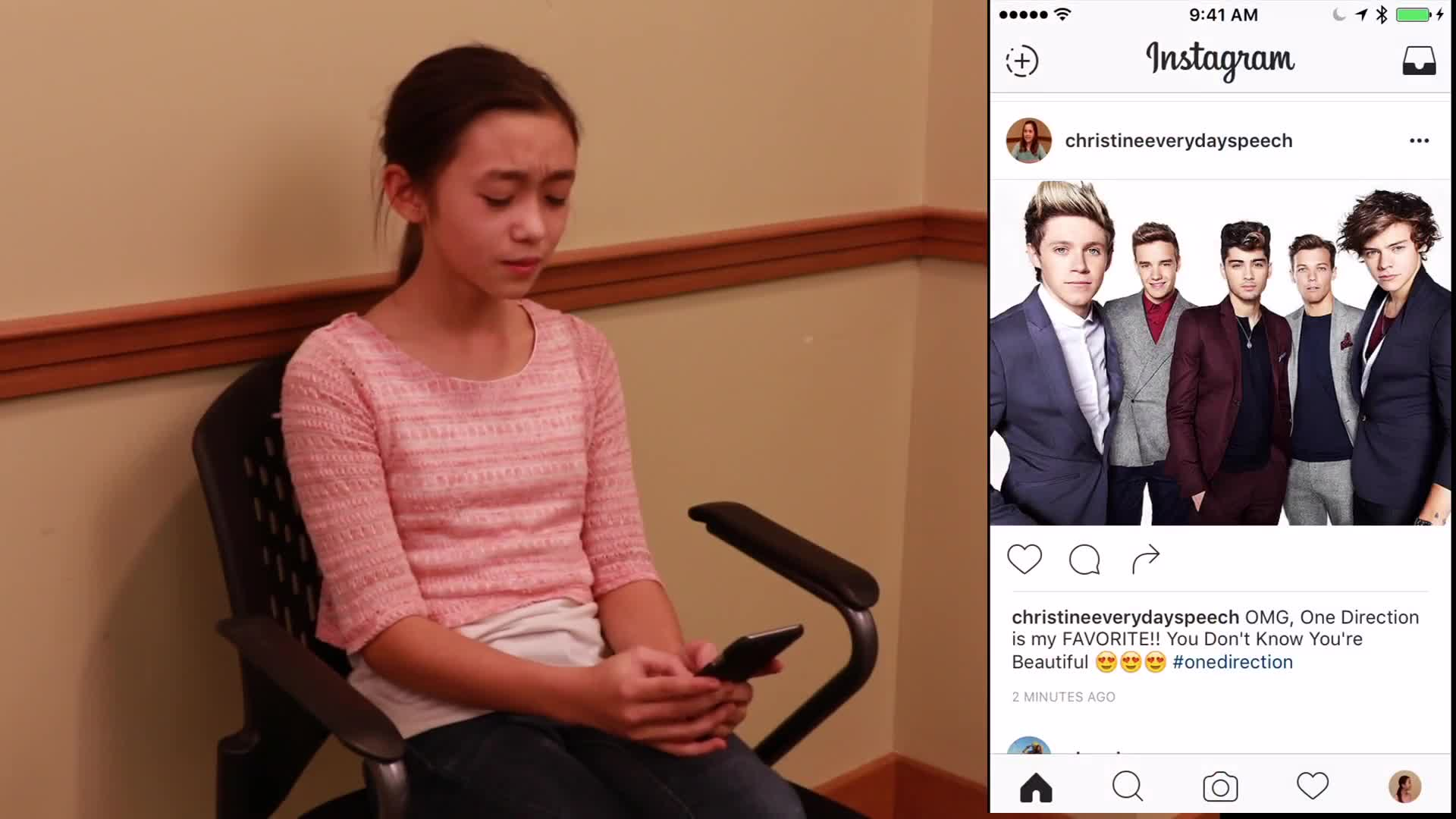Introduction
In today’s digital age, the use of social media is pervasive among students. While it offers numerous benefits, it can also present challenges and potential dangers. As educators, it is crucial to teach students how to navigate social media safely and responsibly, using their social skills in a different context. This blog post will discuss the importance of applying social skills on social media platforms and provide a no-prep activity, discussion questions, and related skills to help students develop a safe and positive online presence.
No-Prep Activity: The Social Media Scenario Game
Objective: To help students understand the importance of using their social skills when interacting on social media platforms.
- Divide the students into small groups.
- Provide each group with a set of social media scenarios (e.g., receiving a friend request from a stranger, responding to a negative comment, posting a picture, etc.).
- Ask the students to discuss how they would handle each scenario using their social skills, such as the “Think It or Say It” rule and the “Public vs. Private” rule.
- After the discussion, have each group present their solutions to the class.
- Encourage the class to share their thoughts and provide feedback on each group’s solutions.
Discussion Questions
- Why is it important to use social skills when interacting on social media platforms?
- What are some potential dangers of not using proper social skills on social media?
- How can the “Think It or Say It” rule help you make better decisions when communicating online?
- What are some examples of public vs. private information, and why is it crucial to distinguish between the two when posting on social media?
- How can you help your peers practice safe and responsible social media use?
Related Skills
Beyond the “Think It or Say It” and “Public vs. Private” rules, there are other relevant social skills that students should learn and apply on social media:
- Empathy: Understanding and respecting the feelings of others when interacting online.
- Conflict resolution: Resolving disagreements and misunderstandings in a respectful and constructive manner.
- Digital citizenship: Being responsible and ethical when using digital platforms, including social media.
- Online safety: Protecting personal information and staying safe from potential dangers on the internet.
Next Steps
Teaching students the importance of using social skills on social media is a crucial aspect of their overall development. By incorporating these lessons into your curriculum, you can help them build a safe and positive online presence. To access free sample materials related to social skills and other important topics, sign up at Everyday Speech sample materials.






